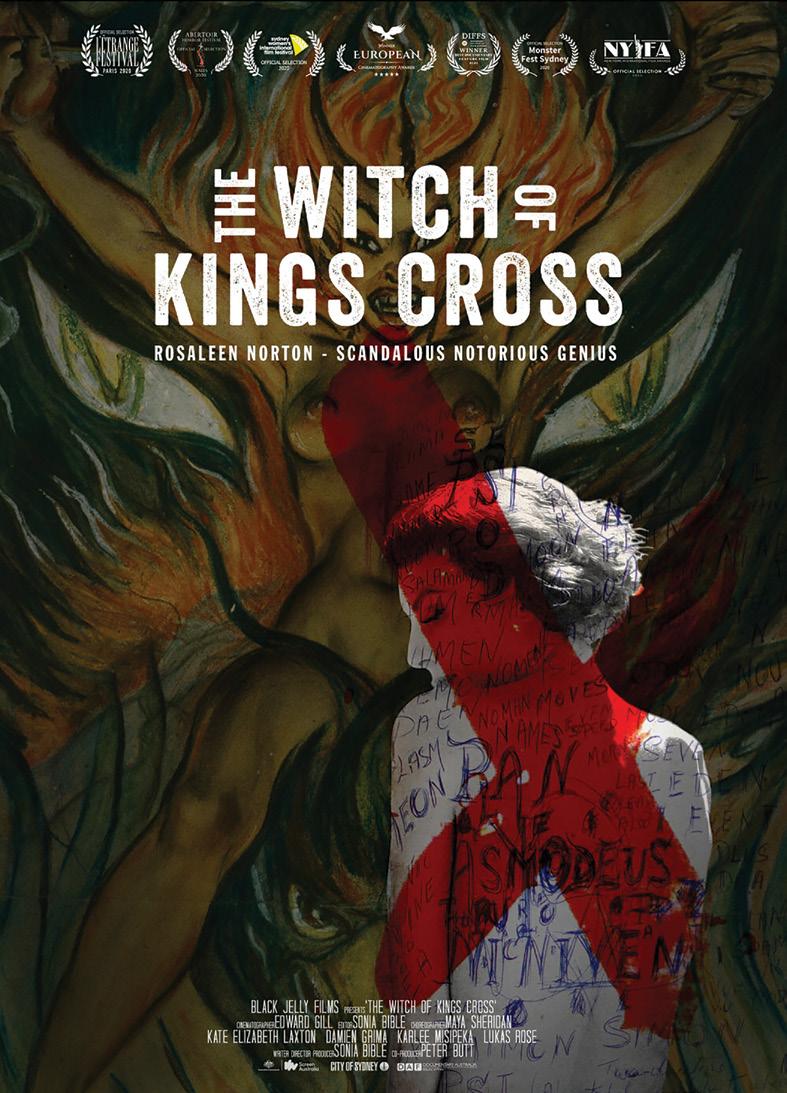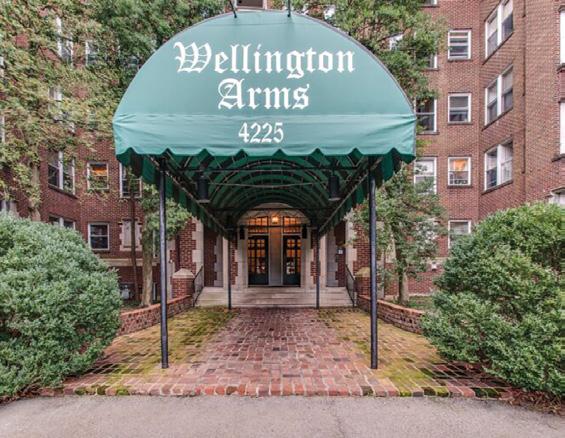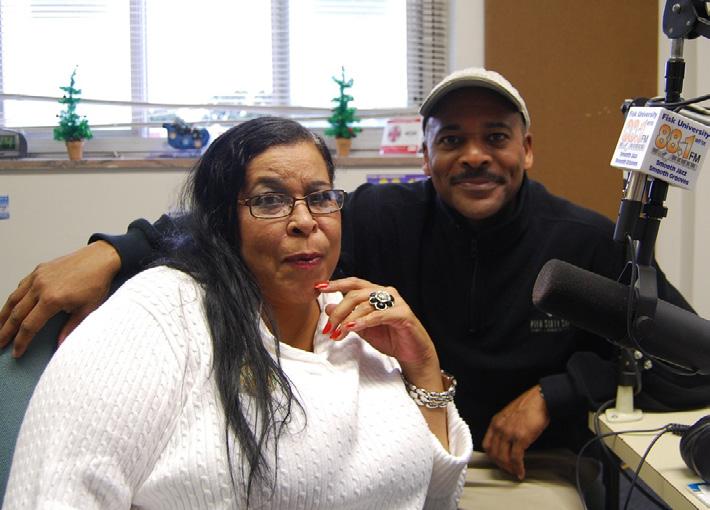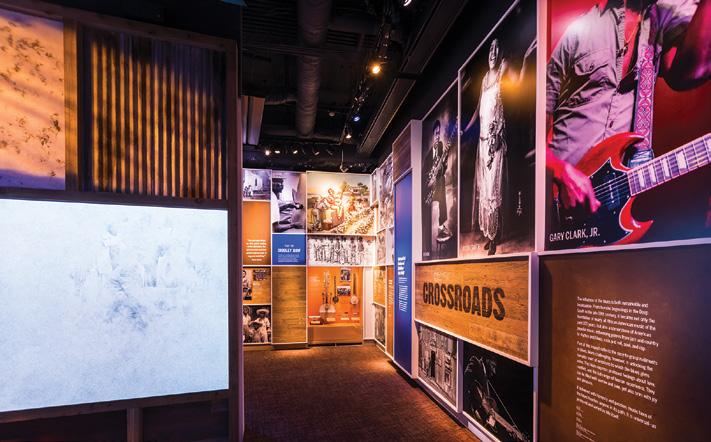NEWS
Mistrust and mobility slow COVID-19 vaccine push for North America’s homeless BY MAT THE W L AVIE TE S AND JACK GRAHAM With the coronavirus pandemic showing no signs of abating in the United States and Canada, some cities have begun vaccinating their homeless — an effort clinicians warn will be challenging given the incomparable circumstances they face. Homeless people’s mobility, tendency to mistrust the vaccine and focus on more immediate needs like finding food and warmth all make it harder to protect them against COVID-19, health experts say. “The struggle [homeless people] go through every day to survive, on the streets or in the shelters, has a real immediacy to it,” said Dr.Jim O’Connell, president of the Boston Health Care for the Homeless Program (BHCHP). “As many people have told me, ‘a little virus’ doesn’t seem frightening to them because they face death every day and the virus is just one of the many things they face,” said O’Connell. The BHCHP, a non-profit which provides medical services to the Northeastern city’s homeless population, has vaccinated roughly 200 homeless people and 300 staff since the program started in late January. The group is expected to administer about 3,500 doses of the Moderna vaccine in shelters across the city within the next month. Similar rollouts are underway in other cities around the continent. So far, New York City has vaccinated more than 500 homeless people and staff who serve them. Over 730 of Montreal’s homeless population have been vaccinated to date, according to official figures.
Vulnerable Since the pandemic started pummelling the globe last year, advocates and physicians have been urging lawmakers for greater protections for the homeless. Without regular access to healthcare, homeless people are often much more susceptible to chronic medical conditions, which may predispose them to a more severe illness from COVID-19. Sheltered homeless people in New York City were 75 percent more likely to die from COVID-19 than the city’s general population, according to the Coalition for the Homeless, an advocacy group. Pandemic shutdowns have also cut off homeless people’s access to public spaces, such as restaurants and libraries, that they usually use to stay warm and wash their hands during the day. And packing homeless communities into overnight shelters has too become a problem, due to concerns over social distancing. People eat together, share bathrooms and often sleep on beds within several feet of one another. “On one hand, you have higher individual vulnerability because of health,” said Tim Richter, chief executive of the Canadian Alliance to End Homelessness. “But people experiencing homelessness can’t follow public health measures: social distancing, staying at home, isolating, accessing healthcare when you need it, hygiene.” In response, some cities throughout North America have moved people off of the streets or out of shelters into hotels to alleviate concerns over spreading the virus. Under former US President Donald Trump,
cash-strapped cities were promised 75 per cent of the money to pay for the hotels and were not given a timeline of when aid would run dry. Last month, President Joe Biden vowed to reimburse cities for the full cost of the hotels and fully cover the costs through September. In Canada, the federal government has made extra funding available for provinces and municipalities to prevent the spread of the virus among its homeless. Ottawa announced in December it would spend an additional $300 million to help local communities. Compliance So far, clinicians and advocates say they have been successfully able to find homeless people a group that is largely distrustful of healthcare providers - who want the vaccine. However, they caution that things may soon change. “The first 25 per cent is always easy. We had no problem recruiting for the first number of clinics that we had to deal with,” said Sam Watts, chief executive of Montreal homeless charity Welcome Hall Mission. “But, as we’re moving along, it’s harder and harder because there are some people who don’t want to get it for a variety of reasons,” he said in a phone interview. Some are afraid of needles, others believe in a variety of conspiracy theories that question the safety of the vaccines, or have mental health issues, like paranoia, that impede them from complying with vaccine rollouts, explained Watts. Marty Hames, the spokeswoman for Circle the
NASHVILLE HISTORY CORNER
WELLINGTON ARMS APARTMENTS BY RIDLEY WILLS II Wellington Arms Apartments, 4225 Harding Road, was one of the first high-rise apartments built in Nashville.When the seven story building was built in 1939, it was considered one of the strongest and best built residential buildings in the city. My grandmother, Elizabeth (Mrs. Matt G.) Buckner lived there for a couple of years before her death Feb. 15, 1947. My wife, Irene Jackson Wills, sold Girl Scout cookies there
when she was a student at Robertson Academy in the 1950s. Her grandmother, Irene Morgan (Mrs. William C) Weaver lived there at the time as did several of Irene’s elderly great aunts. Nearly everyone living at Wellington Arms then knew who Irene Jackson was and gladly bought a box of Girl Scout cookies, making it easy for her to be the leading GIrl Scout cookie salesman at Robertson Academy. In the 1950s, Mr. and Mrs. R. D.
Stanford owned Wellington Arms. They sold the property, then in a park-like setting, for $1,350,000 to a group of Nashvillians, including Robert D. Short, Jr., his son, Robert H. Short, and attorney Lewis H. Conner, Jr. A few months later, the new owners converted the 52-unit complex into condominiums with leases of from six months to a year. Quite a few years ago, the owners sold the land in front of the building along West End and shops and small stores are located there today. This robbed Wellington Arms of its park-like setting, but the condominium is still popular with high ceilings and attractive rooms.
February 17-March 3, 2021 | The Contributor | NASHVILLE, TENNESSEE | PAGE 5
City, a non-profit that provides healthcare services to the homeless in Phoenix, Arizona, echoed similar concerns about vaccine compliance. “Just like you’re going to find people in the general population that are not going to want the vaccine or they’re not going to want to see a doctor when they’re ill, the same exists within the homeless population,” she said. None of the groups the Thomson Reuters Foundation spoke with were making vaccinations mandatory for the homeless people they serve. Slow the spread Other barriers include a lack of internet access to sign up for online vaccine portals, a lack of transportation to vaccination sites and difficulties tracking down homeless people to give them the second dose of the vaccine, health experts say. The consequences of not getting the vaccine rollout right can spread beyond homeless populations and to entire communities, warned O’Connell at the BHCHP. At the start of the pandemic in late March, O’Connell and other Boston researchers found a 36 percent positivity rate among homeless people. “Most people recognize that if homeless people have the virus, they’re walking all day and passing it (around),” he said. “If you’re riding the subway and there’s a homeless person and they have a 30 percent chance of having the virus, you want to protect yourself as much as that person.” Courtesy of Reuters / Thomson Reuters Foundation / INSP.ngo










